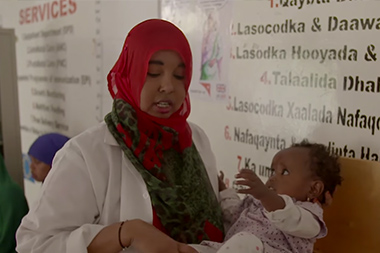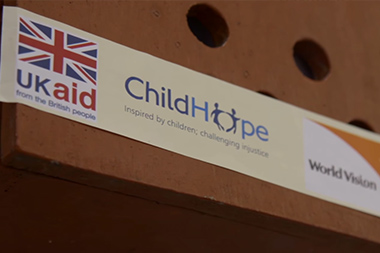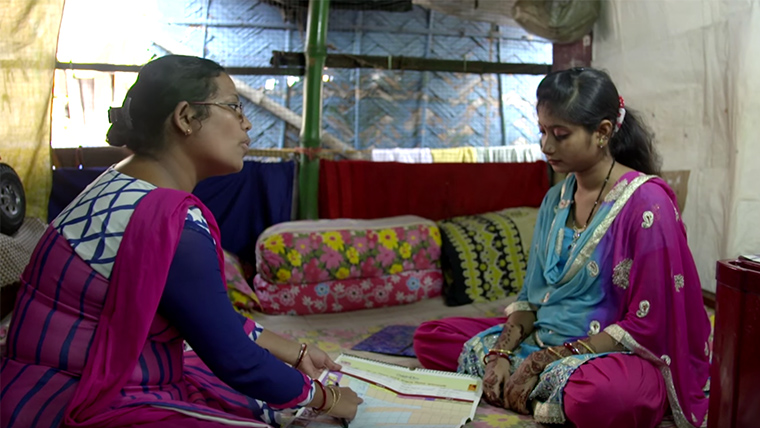Who knows best what children and communities in poverty need? Try asking them!
By Daniel Stevens, Evidence & Accountability Manager, World Vision UK
Caught up in the ambition to do good, and the rush to deliver programmes under tight timelines, international development NGOs run the risk of failing to listen to the very people they are trying to help. By listening, regularly and carefully, to the children and communities we're supporting, we are finding that we can achieve even greater change…
Take a recent example from Ethiopia, where we support children’s reading camps that have been helping to boost literacy. We found that numbers attending were not as high as they could have been. So we spoke to the children.
One child (their responses are anonymised so they are free to say what they really think) recalls:“We were asked to give feedback about why we weren’t attending the literacy camps. We told them that we didn’t have any new books to read, and they made changes right away. Now we attend them all the time to read the new books.”
By encouraging feedback we know not only what’s working, but also what’s not performing as well as it could. Being truly accountable is of course not just about listening, but acting on any feedback or complaints. In this case, new books were found for the reading camps in Ethiopia, which allowed them to have a much wider and deeper impact.
“Accountability is a mirror that shows, not only your face, but also your back”
…nicely put by one of our colleagues at World Vision Ethiopia. We’ve recently had the opportunity to share our experiences in promoting accountability. The UK Government asked us to support a group of UK-funded NGOs to test different ways forthose who benefit from development projects to give their feedback. We supported seven pilots, across six countries, using approaches like the use of text messaging for community members to feedback on the project.
 As Farah Mohamed of Health Poverty Action in Somaliland, one of the supported projects, explains: “I’m seeing that my beneficiaries are communicating directly with me and saying 'I’m not happy with this midwife', 'I’m not happy with this service'…and this feedback mechanism is making the community feel they are the owner of the health centre.”
As Farah Mohamed of Health Poverty Action in Somaliland, one of the supported projects, explains: “I’m seeing that my beneficiaries are communicating directly with me and saying 'I’m not happy with this midwife', 'I’m not happy with this service'…and this feedback mechanism is making the community feel they are the owner of the health centre.”
Using text messages has great potential, but when applied in Somaliland we realised that the young mothers, who were the main beneficiaries of our project there, were less likely to have access to a phone. And even if they did, they much preferred talking than texting. So we developed a call-back system that worked much better. In India the communities themselves helped to design a feedback form, allowing them to rate the health services, by using simple pictures.
 What we find across all these experiments is that when somebody we’re supporting is asked to give his or her opinion, it makes them feel valued. And when they then see their opinion is taken seriously, and changes have been made , it makes them much more likely to share how they really feel about our projects in future. In addition to this, communities become much more likely to speak out when government-run services are not being delivered as they should be.
What we find across all these experiments is that when somebody we’re supporting is asked to give his or her opinion, it makes them feel valued. And when they then see their opinion is taken seriously, and changes have been made , it makes them much more likely to share how they really feel about our projects in future. In addition to this, communities become much more likely to speak out when government-run services are not being delivered as they should be.
With communities becoming empowered and involved in their own development, NGOs like us become better informed and more effective in partnering with them. It’s truly a win-win situation that we will keep building into our programming whilst urging and assisting others to do the same.
If you want to explore more about how beneficiary feedback works, go to feedbackmechanisms.org which includes case studies and videos on these projects.
